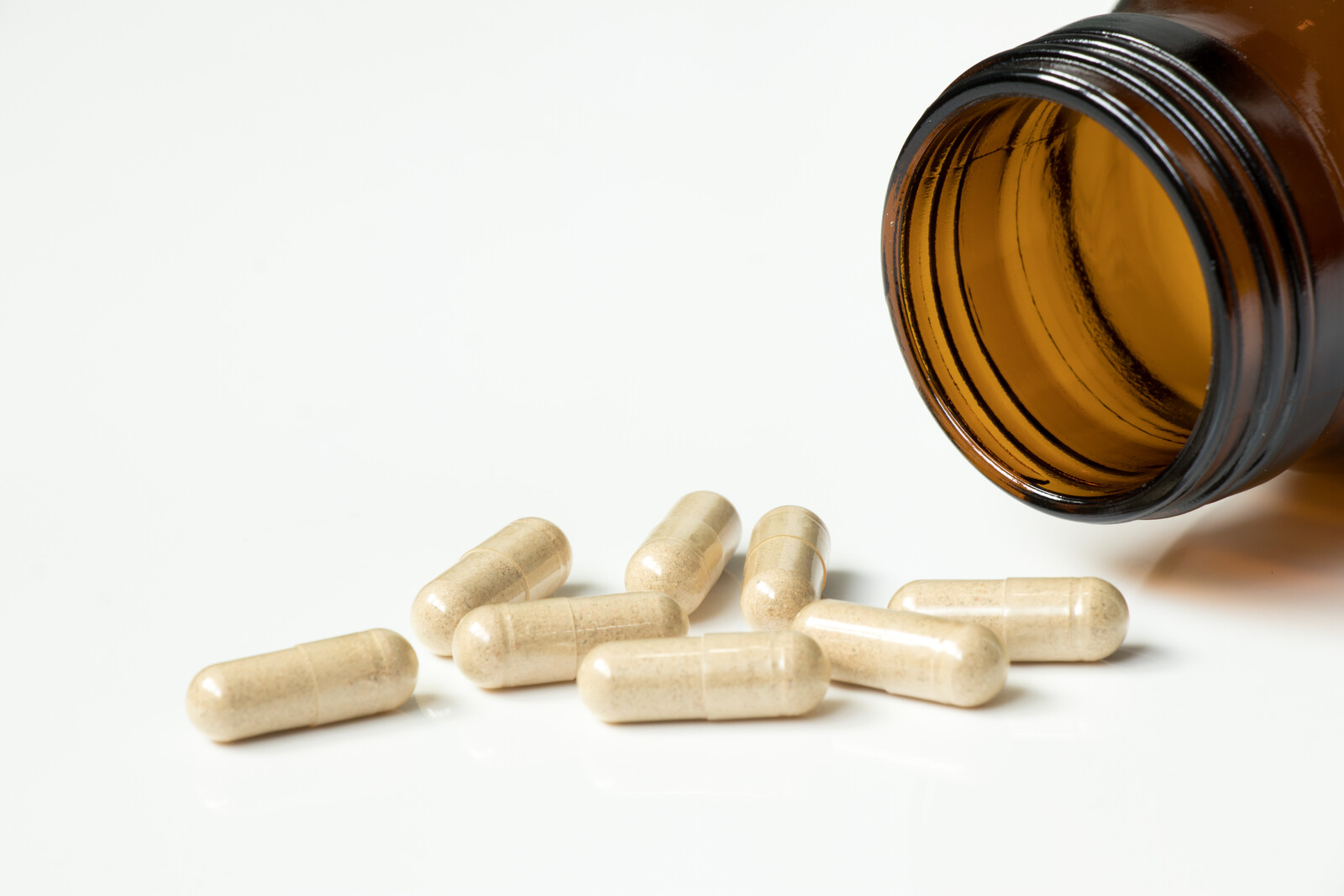BENEFICIAL BACTERIA
Probiotics have been a hot topic in the scientific research community for the past few decades, with good reason! The human body is made up of just as many bacteria, if not more, than human cells. The collection of these bacteria in the body is called the microbiome, and as research advances, we are learning more and more about the role of bacteria in our health. Probiotics are bacteria and yeast strains that provide benefits to a variety of health conditions; in pregnancy, they provide many health benefits for mom and baby. These living micro-organisms can be found in unpasteurized, fermented foods, such as yogurt, kefir, sauerkraut, pickles, tempeh, miso, and kimchi. Probiotics can also be taken in higher therapeutic doses in supplemental form.
DIGESTIVE HEALTH
One of the most well-known uses of probiotic supplementation is for digestive health. Digestive complaints are common in pregnancy, with rapidly changing hormones and a growing baby putting pressure on the digestive tract. Constipation is one of the most frequent concerns in pregnancy, and if it’s left untreated, it can lead to hemorrhoids, fissures, and pelvic floor damage. Probiotics can help improve bowel regularity and soften stools to make them easier to pass.1 A recent study found that probiotics may also help reduce nausea and vomiting in early pregnancy. Additionally, this study found probiotic intake significantly improved the maintaining of normal social activities,2 as well as symptoms of fatigue and poor appetite.
BLOOD SUGAR BALANCE
Gestational diabetes is a type of diabetes that develops in pregnancy when the body can’t make enough insulin. This condition can lead to an increased risk of high blood pressure during pregnancy, preterm delivery, and a greater lifetime risk of developing diabetes after pregnancy. Supplementation with probiotics during pregnancy has been shown to both reduce the risk of gestational diabetes and improve its management after diagnosis. One study showed that taking Lactobacillus rhamnosus HN001 from the beginning of the second trimester reduced the risk of developing gestational diabetes—especially in women over the age of 35, or in those who had previously been diagnosed with gestational diabetes.3 Additional research has shown that probiotic use in women with gestational diabetes can help lower glucose and insulin levels, which may reduce the need for blood sugar-reducing medication later on in pregnancy.4
HEALTHY VAGINAL FLORA
Maintaining a healthy vaginal microbiome is important for optimal pregnancy outcomes. Group B Streptococcus (GBS) bacteria is commonly found in the intestines and lower genital tract. It is typically harmless in adults, but it can cause serious illness in newborns. At 35–37 weeks of pregnancy, a GBS test is administered via a vaginorectal swab. If a GBS test is positive, IV antibiotics are typically administered during labour to prevent passing these bacteria to the baby during delivery. Supplementation with probiotics has shown early evidence for reducing the likelihood of testing positive on a GBS swab, so it may reduce the likelihood of needing antibiotics during labour.5 Bacterial vaginosis is another common infection in pregnancy that results from an imbalance of healthy vaginal bacteria due to changing hormone levels. If left untreated, bacterial vaginosis can increase the risk of premature delivery and low birth weight in infants. Probiotic use has also shown comparable effectiveness to antibiotics in the treatment of bacterial vaginosis in pregnancy.6

PREVENTING PREMATURE DELIVERY
Low levels of healthy vaginal bacteria—particularly low levels of Lactobacillus bacteria strains— are associated with premature “water breaking” and early delivery before 37 weeks. Preterm birth increases the risk of several health complications for infants, including lung, heart, gastrointestinal, and metabolic concerns. Supplementation with probiotics has been associated with a lower risk of premature rupture of membranes and preterm delivery. Research has also shown a link between probiotic intake and a lower risk of pre-eclampsia: a high-risk condition of high blood pressure in pregnancy, which can also lead to early delivery requiring higher levels of intervention.7 Probiotics may be a useful preventative strategy to reduce the risk of preterm delivery in mothers with higher risk factors, including those who have had previous preterm deliveries, those with gestational diabetes, or those with vaginal or urinary tract infections in pregnancy.
POSTPARTUM MENTAL HEALTH
There’s a growing amount of research on the effects of the gut-brain connection in the treatment of mental health. Probiotics appear to integrate neural, immunological, and hormonal pathways between the gut and the brain to support positive mood changes. One study showed that taking a probiotic strain of Lactobacillus HN001 from the second trimester through postpartum significantly reduced postpartum depression and anxiety.8 While postpartum mood is a complex issue with a need for a well-rounded assessment and care approach, probiotics may be one of several supports available to improve outcomes.
BABY BENEFITS
Probiotic use in pregnancy may also provide benefits to the baby! Research shows that probiotics taken by mothers from 35 weeks gestation through six months postpartum (while breastfeeding) can significantly reduce the likelihood of eczema in their children until at least six years of age. These benefits were studied specifically in infants with a strong family history of allergic disease, which is a well-known risk factor for the development of eczema.9 Probiotic supplementation for mom has also been linked to a 74 percent reduced risk of jaundice in newborns, which may reduce the need for phototherapy and longer hospital stays.10
Probiotic use during pregnancy is considered a safe and well-tolerated intervention that can have many positive benefits for both mother and baby. The effectiveness of probiotic supplementation is dependent on the timing of dosing, the duration of use, and the specific strains of probiotics. Personal risk factors and health history are useful in determining whether probiotics are necessary and which ones may be most suitable. It’s always best to discuss your individual needs with your health care provider to identify the most relevant options for you.
For references go to ecoparent.ca/TWF/EARLYSUMMER22
You May Also Like: Managing Your Child’s Seasonal Allergies Naturally with Probiotics, How Vitamin D and Probiotics Support Your Child's Immunity, Why Probiotics Matter for Kids.






